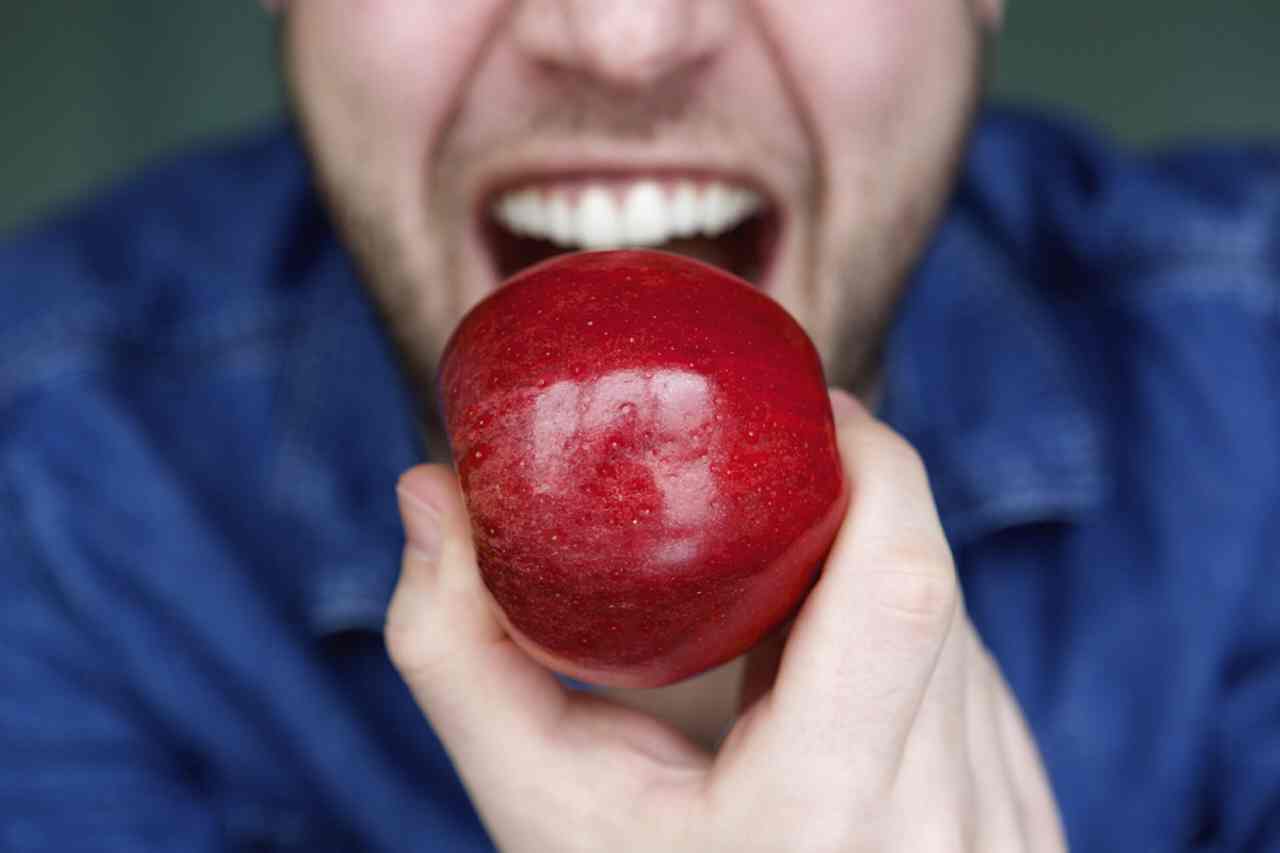You have turned over a brand new leaf at work — and it simply occurs to be lettuce. As an alternative of scarfing lunch hunched over your keyboard, you are taking an precise noon break. Though it feels a bit unusual to be consuming meals from a plate at a desk (utilizing a fork!), you are decided to persevere. You have even determined to take your mother’s recommendation and chew every chunk of meals 32 instances earlier than swallowing.
You may’t fairly recall why this devoted effort at numerical chomping is meant to be good for you. Perhaps it aids digestion or helps you are feeling fuller, sooner. Regardless of the cause, you may as effectively give it a strive. Perhaps you will even name Mother later and provide an extended overdue "thanks" for the phrases of knowledge.
But it surely wasn’t your mother who got here up with the concept. In actual fact, it wasn’t anybody’s mom. The credit score for the "sluggish chew" motion goes to a Victorian-era industrialist named Horace Fletcher. Within the late 1800s, he started spreading the phrase about "Fletcherism," a particular methodology of consuming. He penned "Fletcherism: What It Is," a e-book outlining his principle that chewing meals into teeny, tiny bits will assist your physique higher take in it. As well as, Fletcher postulated that if peopled chewed their meals till it liquefied, they might eat much less meals, purchase much less meals and save extra money.
Fletcher, a profitable British tycoon with influential associates starting from Thomas Edison to John D. Rockefeller, tirelessly inspired others to chew as much as 100 instances per minute or till a chunk of meals remodeled to liquid. Then, he reasoned, the chewer may both swallow the meals or spit it out. It is no surprise his nickname was "The Nice Masticator" [sources: Christen, Fletcher].
Till his dying in 1919, Fletcher traveled throughout England, Northern Europe and america, instructing "the extra you chew, the much less you eat." Throughout World Warfare I, he even used his appointment to a global committee to indicate 800,000 ravenous folks in Belgium find out how to chew extra completely so the vitamins of their meals can be extra completely absorbed [source: New York Times].
This meals ingestion methodology could have appeared like an extended shot for a ravenous inhabitants, however current analysis reveals there are actual advantages to spending extra time chewing your meals. In 2009, researchers at Purdue College in West Lafayette, Indiana, requested examine contributors to chew almonds 10, 25 or 40 instances. The end result? The extra the contributors chewed the almonds, the quicker the vitamins had been absorbed into their methods, main to raised upkeep of vitality ranges [source: Cassady et al.].
Chewing extra may make you eat extra slowly, and this has advantages all its personal. In response to a 2014 examine performed by researchers at Texas Christian College in Fort Value, Texas, when folks eat extra slowly, they shopper fewer energy [source: Meena et al.]. It is positively meals for thought as you eat a leisurely lunch. Even when your mother did not invent the concept, perhaps you will nonetheless name to say "thanks" — when you’re lastly completed chewing, that’s.







